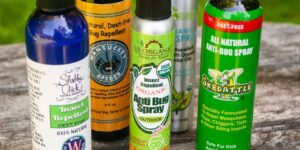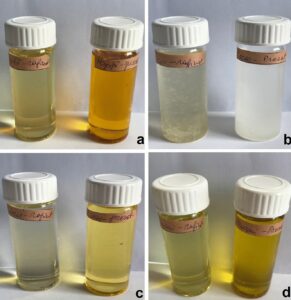How do Oil Spills Affect Marine Ecosystems?
Oil spills have become an increasingly common occurrence in oceans and other large bodies of water, often with devastating consequences for the marine environment. The effects of oil spills can have both immediate and long-term environmental impacts on marine ecosystems.
Immediate Effects of an Oil Spill
Oil spills can cause wide-spread damage and disruption to marine ecosystems. The most immediate effects are often seen on the ocean’s wildlife. Birds, mammals and fish that have been exposed to or come into contact with oil become sick or die due to the spill’s toxicity. Some species may become trapped in the oil, further exacerbating the disaster.
Furthermore, oil spills may lead to suffocation of marine life, especially creatures living in the shallow areas of the water. The sludge created by the spill can cover coral reefs or other habitats. This thick layer of heavy oil will suffocate sea plants, which rely on photosynthesis for their survival, and smaller animals that live in these habitats.
Long-Term Effects of an Oil Spill
Aside from the immediate effects, there can also be long-term consequences. Oil spills can cause disruption to entire marine ecosystems. Birds that eat contaminated fish can suffer from severe organ damage, reproductive failure, and even death. Furthermore, the oil may cling to the shoreline, and damage the breeding grounds for a variety of marine resources, such as fish and tuna.
In addition, the spill can cause a shift in the food chain. As certain species of marine life become sick or die, other species will be left without a natural food source. This, in turn, can lead to a population decline of both predators and prey in the ocean.
Cleaning Up An Oil Spill
Cleaning up an oil spill requires persistence and involvement from multiple stakeholders. This includes government organizations, local communities and the oil industry.
Methods to clean up oil spills
1. Physical oil containment barriers: Physical barriers such as floating booms are used to contain and control the oil spill and stop the spread of contamination.
2. Oil Recovery: Oil recovery is the process of using skimmers, pumps, or other mechanical devices to recover as much oil as possible from the spill area.
3. Chemical Dispersants and Sorbents: Dispersants break down the oil into smaller droplets for easier cleanup, while sorbents are used to absorb oil from the water’s surface.
4. Bioremediation: Bioremediation is the use of bacteria to break down the oil into harmless compounds.
Conclusion
Oil spills have devastating consequences on marine ecosystems that can last for decades. The best way to protect the environment is to prevent oil spills in the first place, through careful industry monitoring and preparedness plans that are developed in advance. Clean-up methods may help reduce the effects of an oil spill, but they cannot reverse the destruction completely.








